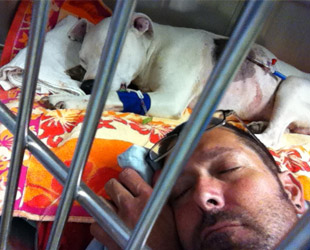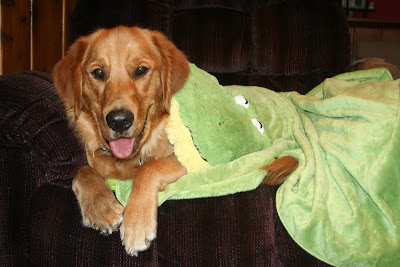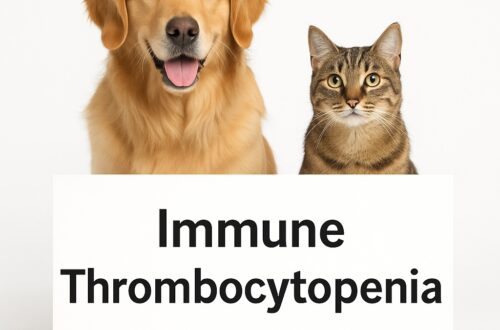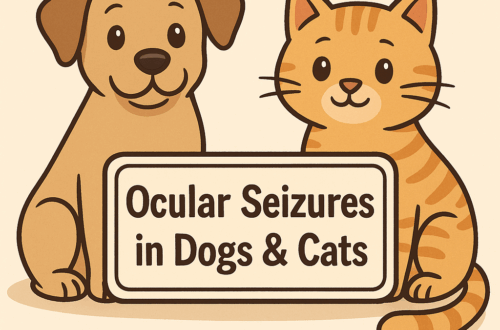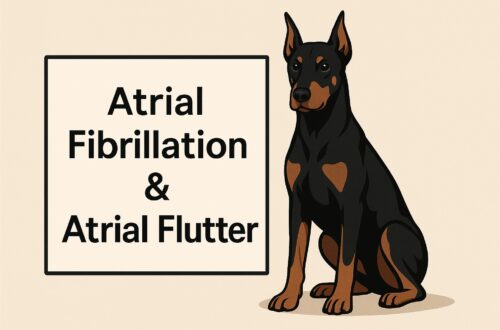No one wants his/her pet to become ill, and certainly no one wants to have his/her pet hospitalized for medical care. Yet the truth of the matter is most fur babies will need to spend at least one night away from home in a hospital at some point in their lives. This can be an anxiety-filled experience for pet parents so I’m hoping these tips may help reduce any concerns.
Take a deep breath about hospitalization…
Two of the most common statements I hear from parents are, “He’s never been away from home. He won’t know what to do!” or “She’s my baby. She can’t be away from me or she’ll be a wreck.” Yet rather than being true statements, they are actually verbal manifestations of parental fear. Perhaps due to anxiety and/or inherent distrust, most folks simply don’t give their dogs and cats enough credit for being able to adapt to a new and temporary environment.
Most people don’t want to accept their fur baby can actually manage quite well without them for a night or two. But they do!
They do so both because they are brave. They do so because of extraordinary dedication of the nursing teams caring for them. Licensed veterinary technicians (LVTs) go out of their way to make sure pets are as comfortable and relaxed as possible while away from home; a dedicated veterinary nurse can often be found sitting in a kennel with a recovering dog or cat, holding and petting him/her to make sure s/he is as relaxed as possible.
Visiting your fur baby during hospitalization…
After reading the above section you may be thinking I don’t encourage pet parents to visit their pets during hospitalization. That could not be farther from the truth. I believe pets enjoy and benefit from parents visiting them. With that being said, there are two important points about which you should know:
Visiting times are not limitless: Just as human hospitals have specific visiting times, so too do most veterinary hospitals. One should not simply expect to be able to show up at any time s/he chooses. Not only is this disrespectful to the medical team compassionately caring for a fur baby, but it could also be quite disruptive to a pet’s medical care. Visitation protocols may also be quite different depending on in which hospital unit a pet is hospitalization. Visiting times to a pet in an intensive care unit (ICU) are often quite limited (just as they are in human hospitals) due to the critical nature of a pet’s care. One may not be able to visit your pet if s/he is hospitalized in an isolation unit; this restricted access is to protect him/her and other hospitalized patients. If a pet is hospitalized, parents should be sure to ask about visitation hours and protocols when their pet is admitted.
Wait 24 hours: As I mentioned earlier in this post, the vast majority of pets adapt quite well to hospitalization. A major reason for this ease of transition from home to hospital is the remarkable attention given to them by uniquely dedicated medical teams, particularly veterinary nurses who care for them minute by minute. These dedicated technicians spend a tremendous amount of time working with patients during the first day of a pet’s hospitalization, and accordingly an enviable amount of bonding occurs between patient and nurse during this time. This bonding is absolutely vital to help ensure a pet is as comfortable as possible while away from home, and for this reason, I encourage pet parents not to visit for the first 24 hours of their fur baby’s hospitalization unless absolutely necessary.
Leaving a toy or blanket during hospitalization…
Many parents ask to leave a special toy or an article of clothing with a family member’s scent with their pet during hospitalization. They do so in hope of providing a sense of familiarity while their fur baby is away from home, as they believe it reduces anxiety and fear. While there have been no studies investigating this theory to my knowledge, certainly leaving a “piece of home” at the hospital is unlikely to be detrimental to a pet’s medical care.
Pet parents, however, must accept one important fact. They will likely not get a toy or blanket back when their pet is discharged. Hospitals process such large volumes of soiled linens, towels and toys that guaranteeing every family receives their pet’s special belongings back is simply not possible. What does this mean? If one needs to leave something from home with a pet during his/her hospitalization, s/he should do so. But I don’t recommend leaving a pet’s favorite toy or blanket because one may not get it back!
Calling for updates during hospitalization…
While a pet is hospitalized, the attending veterinarian will contact pet parents at least once daily, if not two or three times a day! Certainly families are contacted if concerns about a pet’s health arise. In addition to these updates provided by a pet’s veterinarian, families also call the hospital for additional updates during the day and night. Veterinary nurses are happy to provide families with updates when they call, but please don’t abuse this kindness. A medical team’s top priority is a pet’s healthcare, doing everything possible to help ensure a family’s fur baby makes a meaningful recovery. If pet parents call for updates every 30 to 60 minutes (yes this happens more times than I care to admit), they are pulling a nurse away from their pet’s treatments to answer the phone. They may be preventing their pet from getting the best possible healthcare!
The watchful eyes on your pet during hospitalization…
Pet parents should be familiar with a hospital’s protocol for caring for animals at night. Many primary care hospitals do not have doctors or nurses on site to provide continued care and treatment for patients after close of business. Who monitors hospitalized patients during these times? Does a medical team member check on patients overnight? Are intravenous fluid therapy and medications provided at night? Would your hospitalized pet be best served at referral hospital where board-certified veterinary specialists and nurses are available on-site around the clock? Be sure you understand a hospital’s overnight care policy prior to admitting your pet for treatment.
The take-away message about your pet’s hospitalization…
Families are understandably quite nervous if their pet needs to be hospitalized for medical or surgical care. Despite the anxiety and fear associated with a fur baby’s hospitalization, pet parents should find comfort in knowing their pets are cared for by medical teams who go out of their way to make sure animals are as comfortable as possible while away from home. Prior to admission, families should familiarize themselves with a hospital’s policies about visiting, leaving personal belongings with pets, and overnight care.
To find a board-certified veterinary internal medicine specialist, please visit the American College of Veterinary Internal Medicine.
To find a board-certified emergency and critical care specialist, please visit the American College of Veterinary Emergency and Critical Care.
Wishing you wet-nosed kisses,
cgb


